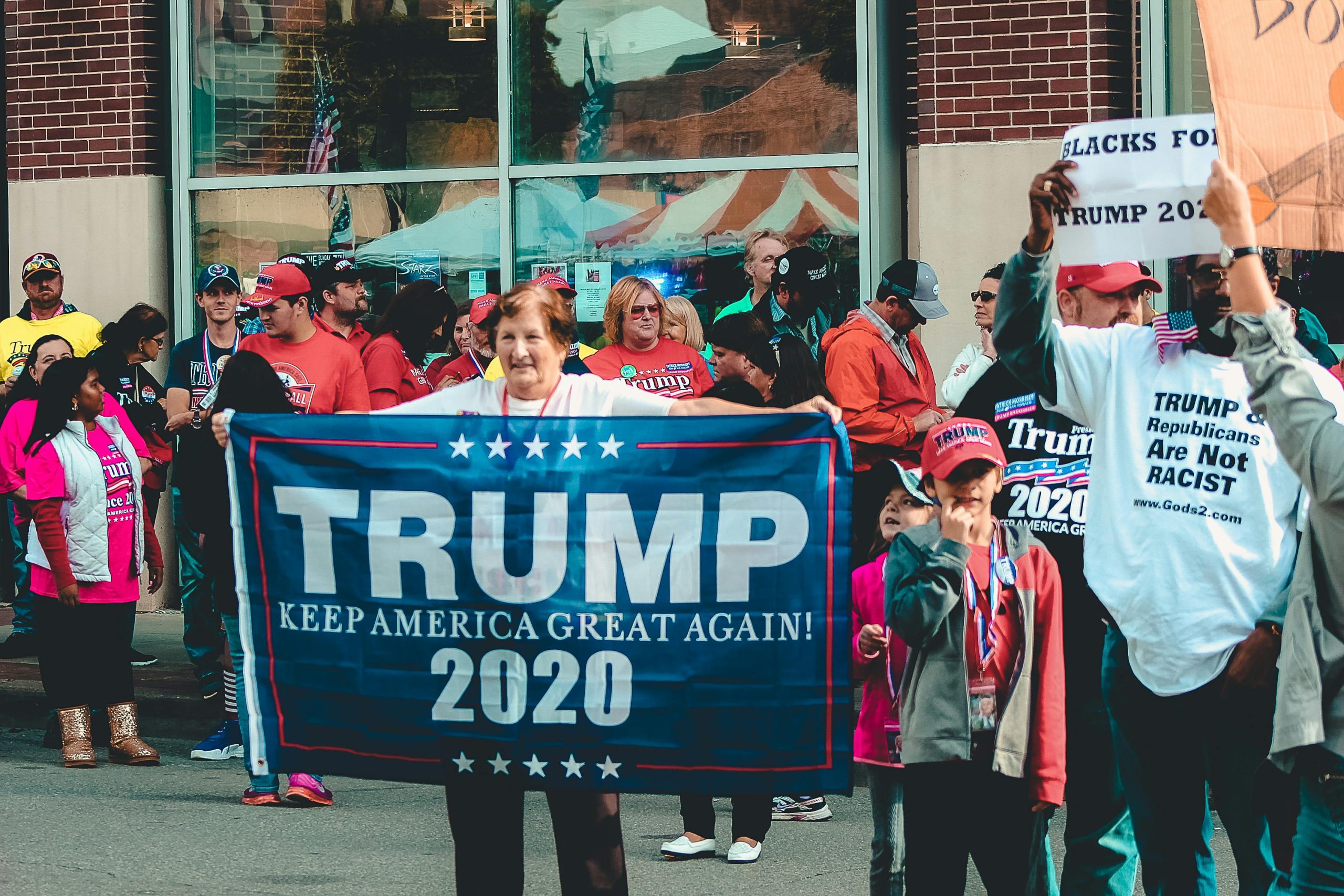Donald Trump: From Business Mogul to Two-Term U.S. President
When you hear the name Donald Trump, a lot of reactions may come to mind , business tycoon, TV star, controversial political figure, two-term U.S. President. In this blog post, we’ll take a friendly, down-to-earth look at his journey: how Trump built his career, entered politics, and shaped the modern American political landscape. Whether you’re looking for background, understanding his approach, or simply trying to catch up, this is your go-to guide to Trump.
Early Life & Rise in Business
Born on June 14, 1946 in the Borough of Queens, New York, Donald John Trump grew up in a family already immersed in real estate. The White House+2Miller Center+2 His father, Fred Trump, had built a housing empire; the younger Trump learned the ropes early.
He attended the New York Military Academy and later transferred to the Wharton School of Finance and Commerce at the University of Pennsylvania, graduating in 1968 with a Bachelor of Science in economics. Wikipedia+1
From there, Trump took over his father’s company in 1971 and rebranded it as the Trump Organization. (Yes that’s the same name you’ve often seen on skyscrapers, hotels, golf courses and more.)
Building the Brand
From New York to other parts of the world, Trump’s business model was bold: luxury real‐estate developments, high-visibility branding (“Trump Tower”, “Trump Plaza”), and major publicity. Many deals succeeded, though some encountered challenges. But what set him apart was his flair for showmanship and his capacity to turn several business ventures into household names.
Transition to Media & Popular Culture
A pivotal shift came when Trump moved into television. Many will recognize him from the long-running reality show The Apprentice, which he hosted and which further elevated his public profile.
Through his business persona and media presence, Trump cultivated a brand that merged entrepreneurship, spectacle, and celebrity. That blend helped him become a buzz-worthy figure far beyond the real-estate world.
His Political Rise & First Term as President
Entering Politics
In June 2015, Trump announced his bid for the presidency. His campaign style, direct, unconventional, combative, stood out among traditional political campaigns. He ran as a Republican, framing many of his messages around change, national identity, and disruption of the political status quo.
45th President of the United States
On January 20, 2017, Trump was inaugurated as the 45th President of the U.S. During his first term, he implemented tax reforms, prioritized immigration enforcement, withdrew the U.S. from certain international agreements, and engaged in trade renegotiations. He also faced strong criticism, multiple controversies, and two impeachments.
His presidency marked a clear break from many previous administrations in tone, style, and approach.
The 2024 Comeback & Second Term
In an unusual turn of U.S. history, Donald Trump returned to the presidency, becoming the 47th president in January 2025. This made him only the second president to serve non‐consecutive terms (the first being Grover Cleveland).
The comeback was built on a fierce base of supporters, persistent media presence, and major political mobilization. His second term has brought renewed spotlight on his agenda, his style of governance, and the challenges the nation faces under his leadership.
Key Themes of Trump’s Influence
Media & Messaging
Trump’s communication style, often direct, sometimes provocative, has reshaped how modern politicians use media. He has a way of staying in the spotlight, controlling narratives, and rallying supporters.
Populism & Polarization
One of the hallmarks of Trump’s political identity is his appeal to populist sentiments. He has positioned himself as an outsider to the traditional political class, using rhetoric around “America First” and challenging institutions. That has amplified both his support and opposition.
Legacy in Business and Politics
Even aside from his presidency, Trump’s legacy continues through his brand, his business empire, and the real estate skyscrapers bearing his name. In politics, his impact is seen in how campaigns are run, how media is leveraged, and how political norms are tested.
Controversies & Criticisms
No story of Trump is complete without acknowledging the controversies. From business lawsuits and accusations of financial misstatements to his behavior in office and off-stage, many aspects of his life have faced scrutiny. For instance, analyses show his speech patterns and public communications differ significantly from past presidents. He has also been at the center of major legal and civil issues.
Critics argue that his leadership style deepens division, while supporters say he challenges entrenched power and speaks for groups they feel ignored.
Why His Story Matters
So why should you care about Donald Trump? Here are three reasons:
He changed the game. Whether you approve or not, his approach to business, media, and politics shifted many expectations about how power works in America.
He’s part of our current moment. With the complexities of the digital age, media saturation, and shifting global power, Trump’s rise and second term reflect broader social and political shifts.
He prompts reflection. His life raises questions: What defines leadership? How do celebrity and politics intersect? What are the consequences when norms are challenged?
Final Thoughts
Donald Trump’s journey, from a New York real-estate scion to reality-TV star to twice-elected U.S. President, is nothing if not extraordinary. Whether you admire him, dislike him, or sit somewhere in between, his influence on American business, media and politics is profound.
In the end, Trump’s story is a reminder that leadership, branding, and power are increasingly intertwined in our culture. And as the world evolves, so do the kinds of figures who come to define it.
FAQs
Q1: How many terms has Donald Trump served as U.S. President?
A1: Trump currently serves as the 47th President of the United States (having first served as the 45th from 2017-2021 and returning in 2025).
Q2: What was Donald Trump’s career before politics?
A2: Trump was primarily known as a real-estate developer and businessman via the Trump Organization. He also gained prominence as a television personality on “The Apprentice”.
Q3: What are some major criticisms of Trump?
A3: Critics point to his unconventional leadership style, legal issues, polarizing rhetoric, and questions about how he manages business and public office. Academics have noted his distinctive speech patterns and communication style compared to previous presidents.







